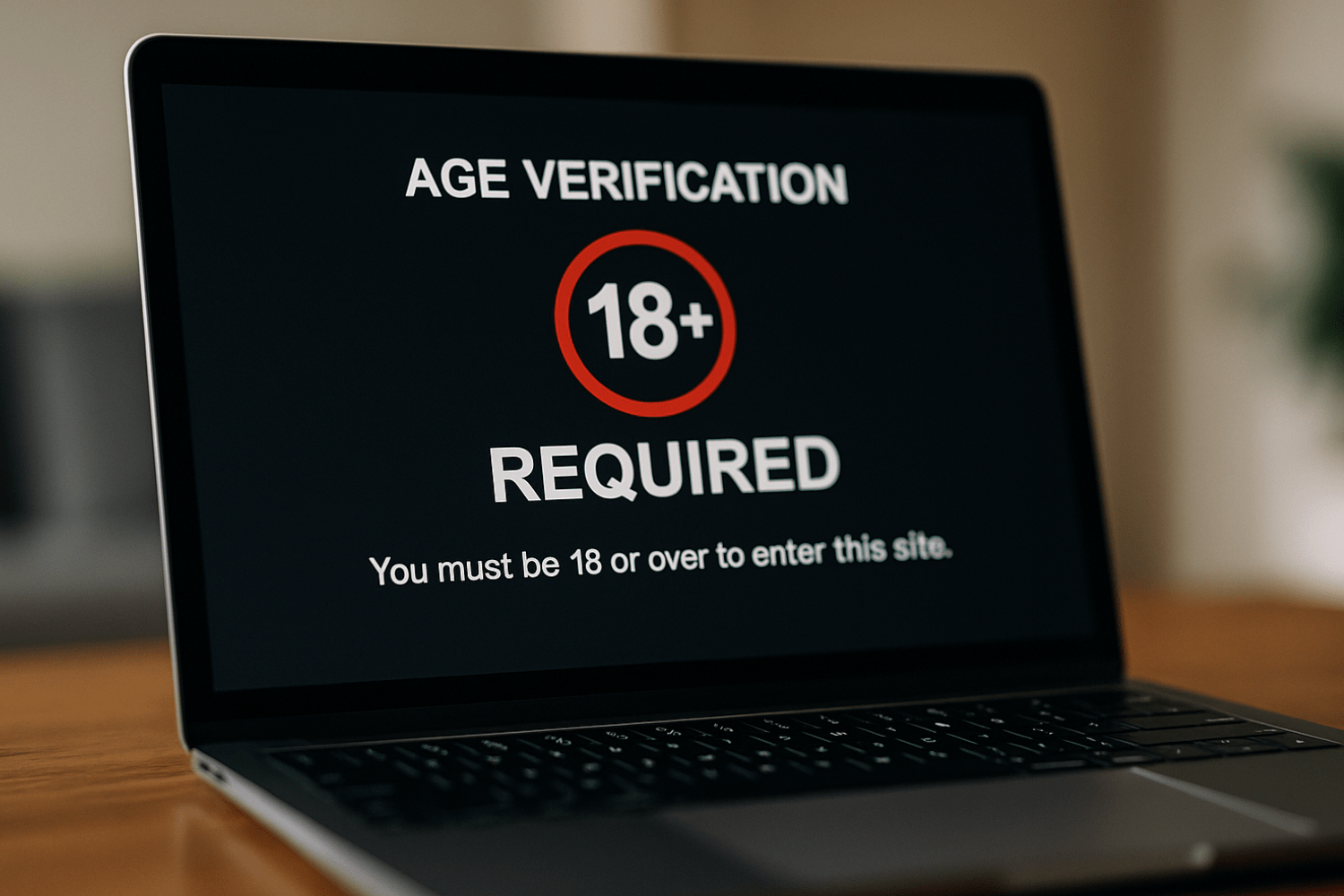Columbus — Ohio Attorney General Dave Yost is warning that major adult websites could face civil penalties for failing to comply with the state’s new age-verification law, which took effect at the end of September.
The law, passed earlier this year as part of House Bill 96, requires pornographic and sexually explicit websites to verify users’ ages before granting access. Acceptable verification methods include the use of government-issued identification, transactional data, or facial recognition tools.
Under the statute, any site that knowingly allows minors to access material deemed “harmful to juveniles” can be sued by the attorney general’s office.
Yost said most large adult content platforms are not complying with the new requirements and may soon be subject to enforcement action. His office is reviewing how the law will be applied and which companies fall under its jurisdiction.
Critics argue that the law’s language leaves wide exemptions for websites that operate as “interactive computer services” — a definition tied to federal communications law that could exclude many major platforms hosting user-generated content. Supporters say the measure is an important step in protecting minors from explicit material online.
Early reports suggest that very few major sites have added ID checks since the law took effect. Legal experts note that enforcement may hinge on how Ohio courts interpret the exemption language and whether adult content companies challenge the law’s constitutionality.
For now, Yost said his office intends to send letters of notice and consider civil action if violations continue. The attorney general has framed the issue as one of consumer and child protection, not censorship.
The law makes Ohio one of several states moving to restrict youth access to online pornography through verification mandates, joining Texas, Utah, and Louisiana, where similar laws have prompted lawsuits and site restrictions.
